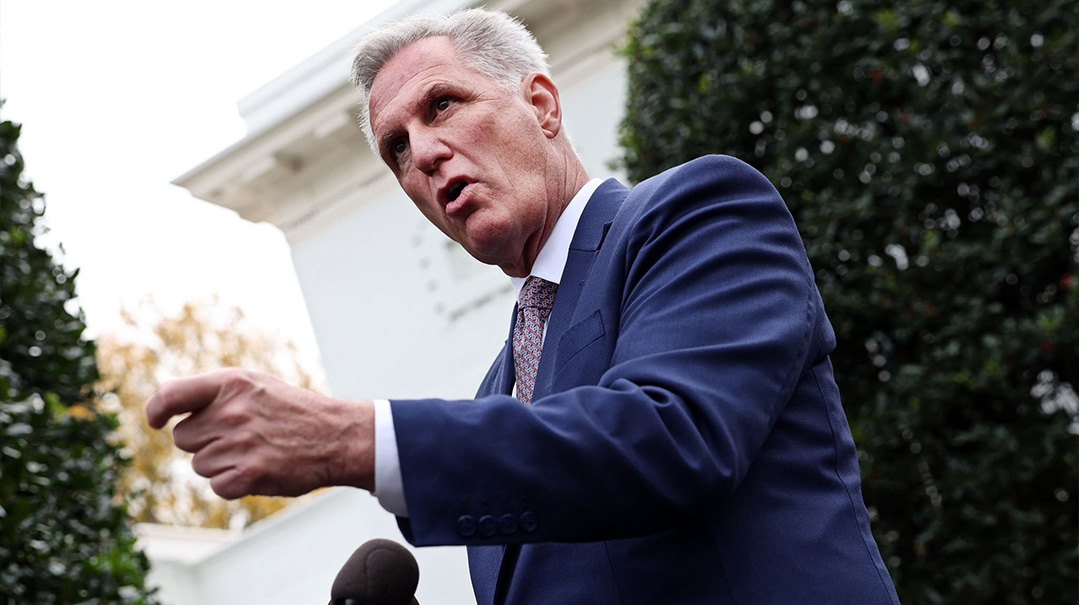Congress Raises Roof over Debt Ceiling

The issue will likely become a political football

The United States Treasury is set to hit its debt ceiling this week. Yet again, lawmakers on Capitol Hill will have to raise it to keep the government operating. The issue has become one of Washington’s perennial problems: every few months, federal spending pushes the debt over its legal ceiling. If Congress doesn’t vote to raise it, the federal government risks defaulting on its obligations. Since the last raise in December 2021, the debt ceiling has stood at $31.4 trillion.
To avoid defaulting on US bonds, Treasury Secretary Janet Yellen has announced that the administration will begin taking “extraordinary measures” to temporarily stave off a situation that would cripple the federal government and shatter the US credit rating. Among other things, Yellen’s measures will include freezing pension investments for federal employees.
But the fact that Republicans and Democrats would have to cooperate to raise the ceiling means the issue will likely become a political football. The two parties have squabbled about this particular issue before and managed to reach understandings, but over time, Washington has only become more polarized.
The Republicans will demand massive cuts in government spending in exchange for raising the ceiling. Democrats will be unimpressed, pointing out that the last time Republicans were in power under the Trump administration, their beautiful words about fiscal responsibility gave way to a raise of the debt ceiling and aid checks to every American citizen, a complete violation of Republicans’ avowed economic agenda.
The two sides’ unwillingness to compromise puts new House Speaker Kevin McCarthy in his first impasse and shows that the next two years will be characterized by suspicion and partisan point-scoring rather than bipartisanship and cooperation.
Whether or not the two parties can reach a deal on the debt ceiling will to a large extent define the coming two years, providing an indication of whether they can sit down and negotiate, or whether the political interests of the moment will triumph over long-term fiscal planning.
(Originally featured in Mishpacha, Issue 945)
Oops! We could not locate your form.







